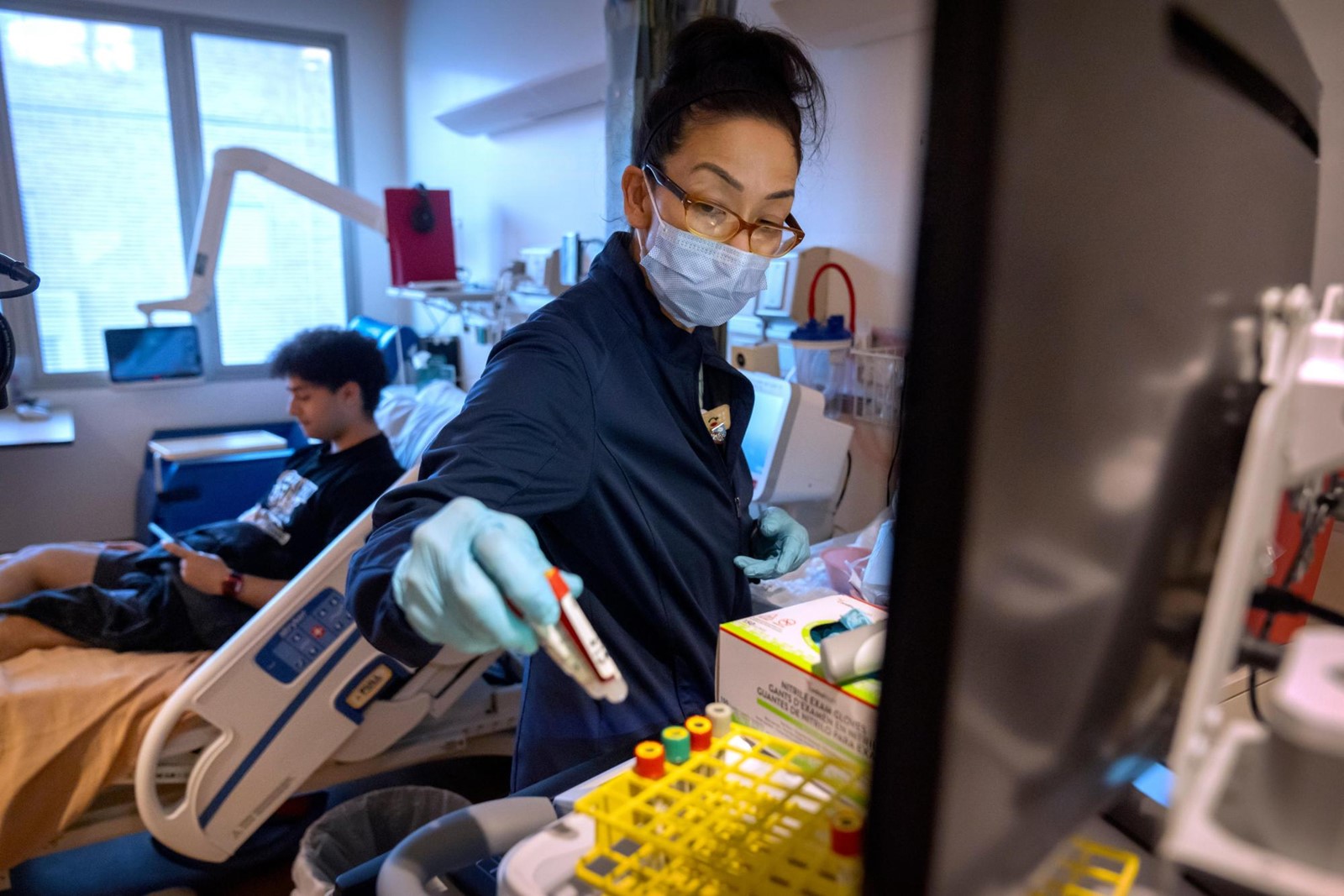
Pauses in funding, communication freezes, reductions in funds to research institutions and the dismissal of scientists at federal agencies threaten American science. While some may support such actions in the quest for efficiency, understanding what is at stake requires a historical perspective. It is easy to take our current world of smartphones, artificial intelligence, accurate weather forecasting, effective drugs, gene therapy, mRNA vaccines and personalized cancer therapy for granted. One might rightfully conclude that science and technology are thriving. However, these advances reflect the past health of the scientific enterprise, as today’s society is reaping the benefits of discoveries made decades ago. America is a scientific and political superpower today because of scientific investments in the decades after World War II. Damage to science today will result in a poorer country and a poorer world in years to come.
Science is fragile. The scientific revolution was not inevitable. It emerged from the cauldron of religious wars that ravaged 17th-century Europe. The conditions that birthed the scientific revolution were probably unique, and if science went extinct, there is no guarantee that such conditions would recur. History shows that scientific knowledge can be forgotten if not nurtured and continually revitalized. The composition of Roman cement and their techniques for constructing arches were forgotten such that later generations could only marvel at those accomplishments by gazing at the ruins of that civilization.
Whenever scientific findings conflict with the existing social, political or theocratic order, science and scientists come under attack. At the dawn of the scientific revolution, Galileo was tried by the Inquisition for arguing that the Earth moves around the Sun. Copernicus only avoided a similar fate by publishing his findings after his death. In the 20th century, genetic research was suppressed in the Soviet Union because it ran afoul of communist dogma, Nazi racial prejudices denied advances in physics made by Jewish scientists and the Cultural Revolution gutted scientific training in China.
Today, science is again under siege. Apart from funding pauses and the culling of the federal scientific workforce, attacks on science are intensifying as scientific progress challenges powerful interest groups. Climate scientists are harassed for showing that fossil fuels cause global warming because their findings threaten commercial interests. Teaching about evolution is suppressed because it conflicts with biblical accounts of creation. Anti-vaccine forces are sowing doubt on the established safety and efficacy of vaccination, eroding the remarkable public health advances that led to the virtual elimination of devastating childhood diseases.
Adding to these external threats to science are internal problems in the scientific enterprise. As detailed in our book “Thinking About Science,” the biomedical sciences have faced major scandals involving scientific misconduct, an epidemic of retracted articles, questions about the reproducibility of major findings and quality concerns epitomized by problematic images in published papers. Such problems, including outright fraud, corrupted hundreds of studies performed during the COVID-19 pandemic. Although biomedical science is often in the news, the problems extend to the physical sciences, as evidenced by retracted papers on superconductivity. The internal problems undermine public confidence in science.
The threats to science cannot come at a worse time for humanity, as we face existential challenges in the form of newly emergent pandemic viruses, climate change, a failing green revolution and global environmental degradation. Although some of these problems are themselves consequences of the scientific revolution, which produced the internal combustion engine and nuclear weapons, science can also provide humanity with the tools to survive. We have recently seen scientists move an asteroid millions of miles from Earth, which might allow us to avoid the fate of the dinosaurs when the next bolide comes our way.
On the horizon are new technologies to remove carbon from the atmosphere, produce pest-resistant crops and employ microbes in myriad ways to help humanity.
Science is humanity’s greatest invention and best insurance policy, but science can only deliver if it is sustained and protected. The public welfare will largely depend on what science can deliver in the 21st century, and all citizens have a huge stake in what happens to science. Scientists must do their part to preserve and defend the scientific enterprise by doing better science, fixing the perverse incentives that encourage misconduct and making greater efforts to educate the public about how science works. Society must support science because it is in its interest to do so. Society and science need each other, and neither can afford to take this fragile enterprise for granted.
Arturo Casadevall is a professor and chair of the Department of Microbiology and Immunology at the Johns Hopkins Bloomberg School of Public Health. Ferric C. Fang is a professor of microbiology, laboratory medicine and pathology at the University of Washington. The authors’ views do not necessarily represent those of the universities.


 PREVIOUS ARTICLE
PREVIOUS ARTICLE
